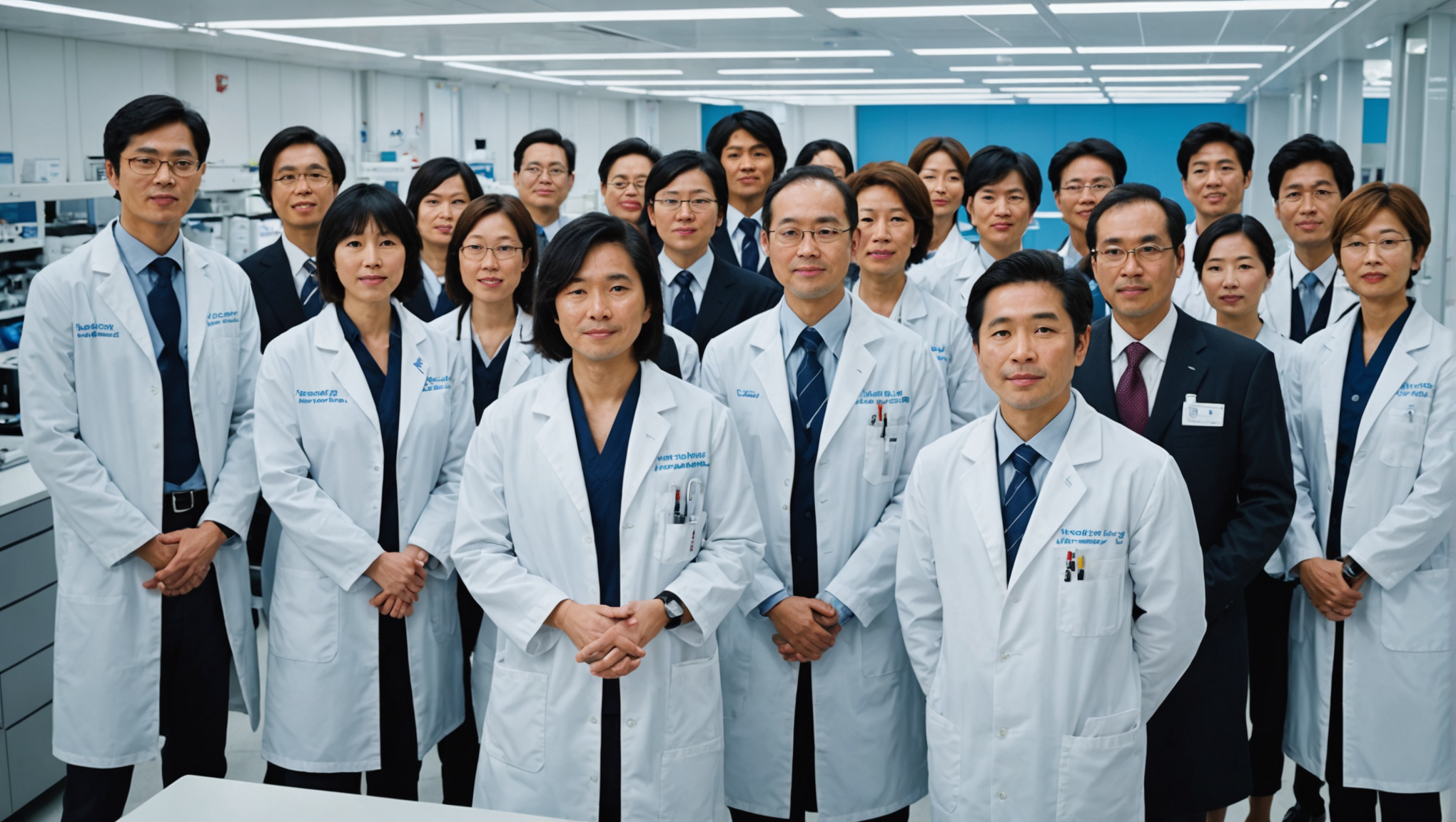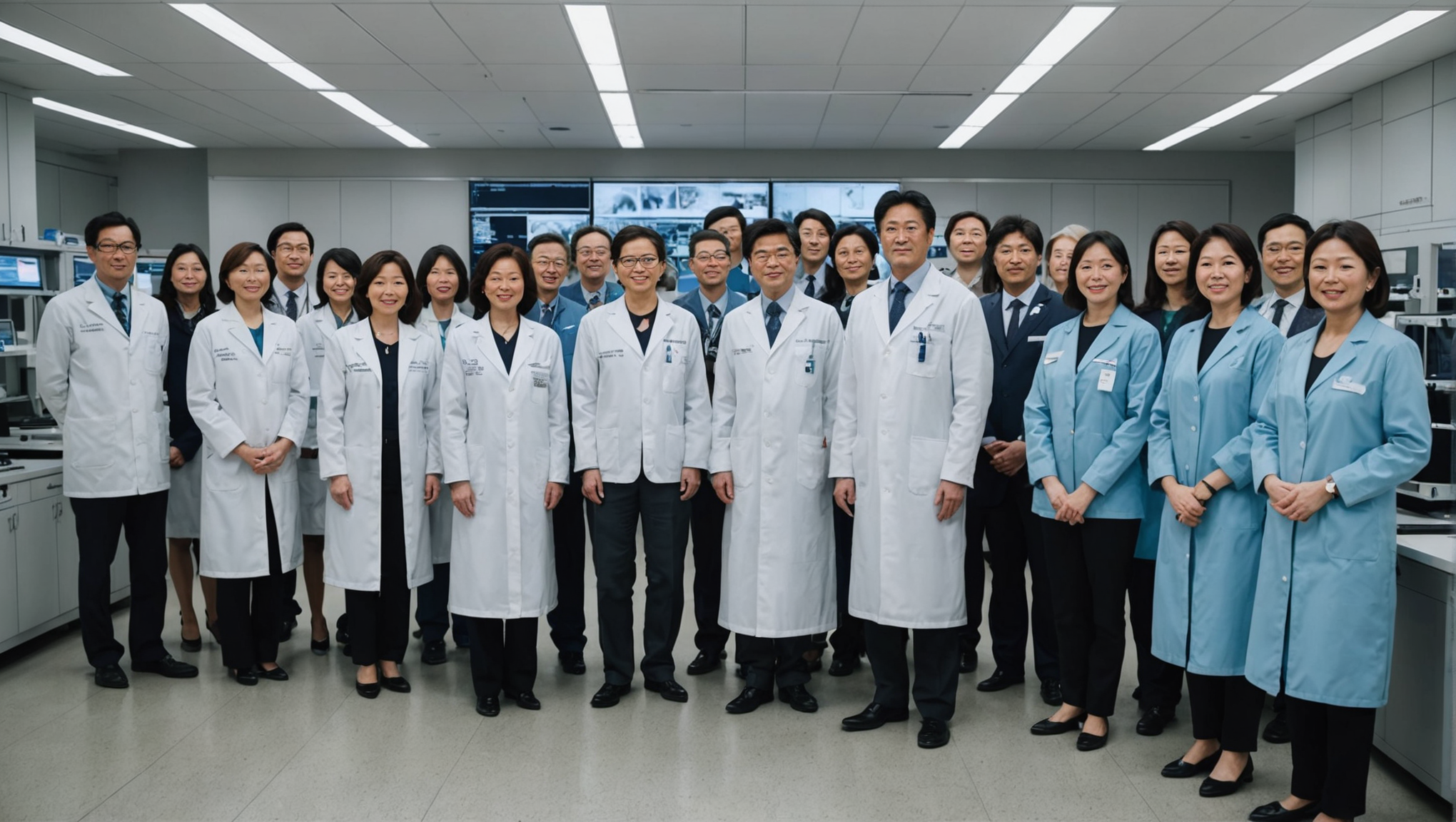Japan is positioning itself as a major player in the field of medical innovation with groundbreaking initiatives focused on the development of advanced treatments, such as therapeutics CAR-T And genetics. Renowned research teams are exploring promising solutions for serious diseases like amyotrophic lateral sclerosis (ALS) and other afflictions, highlighting unprecedented dynamism. Through innovative approaches, such as the use of genetic augmentations and advanced technologies like CRISPR-Cas9, Japanese researchers are confronting complex challenges and opening the way to therapeutic hopes for millions of patients.
Advances in Japanese initiatives in CAR-T and genetic treatments
THE Japan stands out for its innovative initiatives in the development of CAR-T treatments and of gene therapies, particularly for serious illnesses such as amyotrophic lateral sclerosis (ALS) and other complex conditions. Japanese researchers recently identified genetic variants that influence the survival of patients with sporadic ALS, paving the way for personalized approaches. Furthermore, significant advances have been reported in the treatment of familial ALS, with the use ofantisense oligonucleotides as promising strategies. In parallel, gene therapy using technology CRISPR-Cas9 is also experiencing significant growth, offering new perspectives in the field of gene editing. Work on CAR-T cells continues to evolve, with significant interest in their application in the treatment of solid tumors and of myeloma, although questions remain about side effects and success rates. These initiatives illustrate the commitment of Japan to push the boundaries of medical research and offer innovative solutions to public health challenges.

Japan is increasingly asserting itself as a key player in the field of medical innovations, particularly with regard to treatments by CAR-T cells for cancer and gene therapies. This country recently hosted the show BioJapan, where several companies presented their advances in cell and gene therapies. CAR-T treatments, which involve engineering a patient’s T cells to fight cancer, are the focus of much discussion, especially after new candidates are approved.
Targeted therapeutic innovations for amyotrophic lateral sclerosis
Ongoing research has highlighted promising candidates in the treatment of amyotrophic lateral sclerosis (ALS). Japanese scientists have identified genetic variants that could influence patients’ response to treatments. These discoveries open the way to gene therapies personalized, an area where Japan excels with projects supported by the State and research institutions. In particular, the use of antisense oligonucleotides is considered a breakthrough, directly targeting the genetic causes of neurodegenerative diseases.
The challenges and promises of CAR-T treatments
Despite recent advances, the development of CAR-T treatments in Japan is not without challenges. The costs associated with the production and administration of these therapies remain a major concern. Additionally, teams such as the consortium UNITC are working to accelerate research into cell therapies and genes, highlighting the importance of concerted support between public and private. Initial treatment results show significant promise, but there remain concerns about side effects and patient access to expensive technologies.
#Cancer : de nouvelles cellules CAR-T permettent de contrôler à la demande le traitement contre le cancer !#AvancéeMédicale #Santé #Oncologiehttps://t.co/gkTrjegr3Z
— Pourquoi Docteur (@Pourquoidocteur) October 22, 2024
Japanese initiatives in the field of CAR-T and gene therapy research represent a major advance in the face of diseases such as amyotrophic lateral sclerosis (ALS) and other serious pathologies. The country has demonstrated its commitment to innovation by introducing treatments based on CAR-T cells, which have shown promise in the fight against various types of cancers. Their implementation, such as the recent approval by the Ministry of Health, demonstrates not only political will, but also scientific robustness that positions Japan at the forefront of oncology research.
At the same time, advances in the field of gene therapy are equally impressive. Local researchers have studied the genetic mechanisms of ALS in depth, identifying variants that influence patient survival. This knowledge allows more precise targeting of genetic mutations, paving the way for potential treatments based on gene therapy. Approaches such as the use of antisense oligonucleotides bring considerable hope to patients suffering from hereditary forms of ALS, offering solutions that address the source of the problem.
In addition, collaboration between research institutes and the pharmaceutical industry promotes a robust ecosystem conducive to innovation. This results in the development of new therapeutic modalities which are not only limited to individual treatments, but also target therapy combinations for optimal results. Thus, Japan, through its concerted efforts, could well become a world leader in the treatment of neurodegenerative diseases, transforming the landscape of health care and offering new hope to patients and their families.














